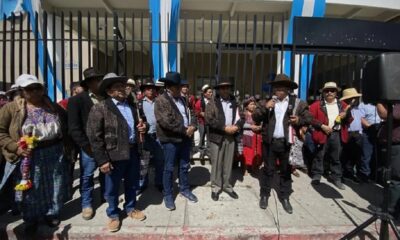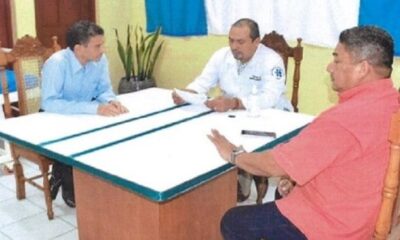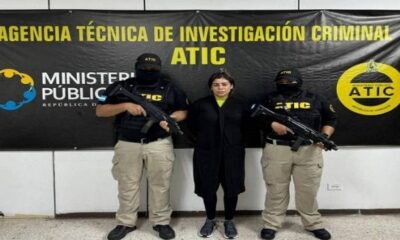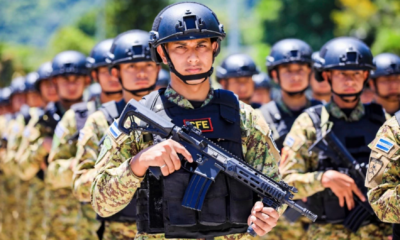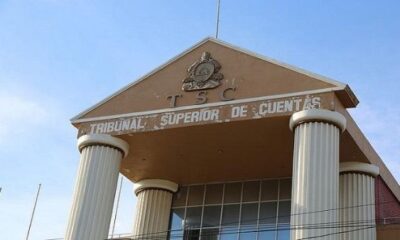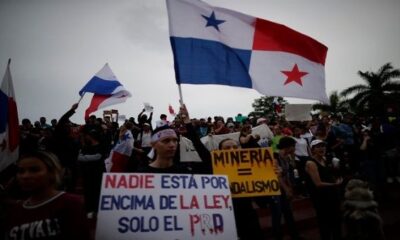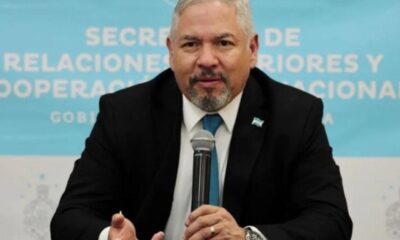Central America
Panama exceeds 12,000 confirmed cases of dengue fever
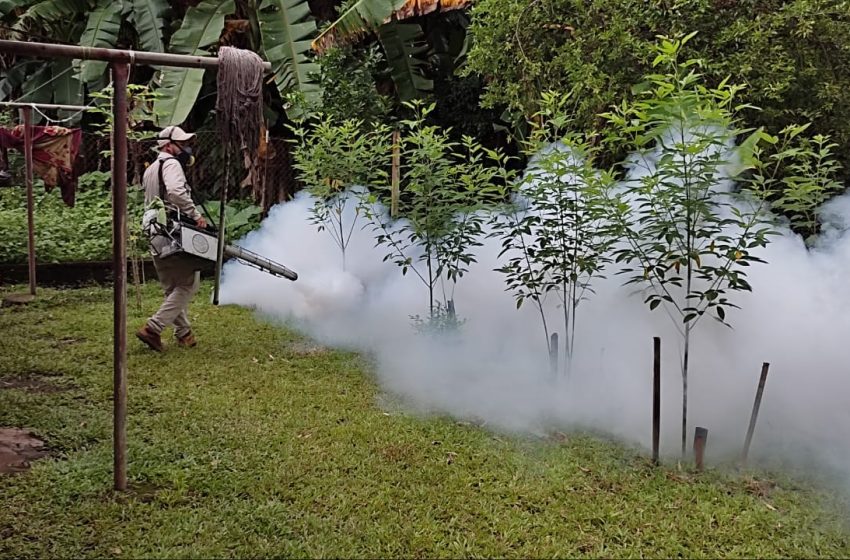
November 27 |
The Panamanian Ministry of Health (Minsa), through its Department of Epidemiology, reported on Saturday that about 12,233 cases of dengue have been recorded in the country so far this year 2023, also confirming two new deaths totaling ten deaths from this disease.
The health agency stated that the regions with the most confirmed cases of dengue are Bocas del Toro, with 3,246 cases; Colon, with 2,461; Panama Metro, with 1,584; Panama Oeste, with 1,200 and Chiriqui, with 1,093.
The Minsa has launched a campaign to eradicate the impact of the Aedes aegypti and Aedes albopictus mosquitoes, the main carriers of the disease, reiterating the importance of keeping the residential sector and the work environment clean, installing metal grilles on doors and windows, checking them gradually, as well as searching for vector breeding sites.
Dengue, a viral infection for which there is currently no specific treatment, has long affected tropical and subtropical regions. As mosquitoes are the main transmitters, early detection and urgent medical attention is important to reduce severe symptoms and mortality.
The treatment suggested by the World Health Organization (WHO) is limited to treating the symptoms and preventing the development of serious manifestations, as well as dehydration of the patient. Antipyretics should be administered to combat high fever and non-steroidal anti-inflammatory drugs (ibuprofen and aspirin) should be avoided because of the risk of hemorrhage.
Symptoms may include fever over 40 °C, severe headache, pain behind the eyes, in the muscles and joints, nausea, vomiting, swollen glands and rash. Most patients do not develop severe symptoms, but vigilance should be redoubled, especially after four days of convalescence.
Central America
Panama seizes over three tons of drugs hidden in Caribbean port container

Panama’s National Air and Naval Service (Senan) reported on Sunday the seizure of more than three metric tons of drugs that were concealed inside a shipping container at a port terminal on the country’s Caribbean coast.
According to a statement posted on X, Panamanian aeronaval authorities confirmed the confiscation of 3,205 packages of a suspected illicit substance hidden inside a container in transit through Panama, at a port facility in the Caribbean province of Colón. Each package typically weighs approximately one kilogram.
Earlier this week, Senan agents also seized an additional 2.2 metric tons of drugs and arrested five individuals, including a Colombian national, in separate operations linked to drug trafficking activities.
Panama serves as a major transit route for drugs produced in South America and destined mainly for the United States — the world’s largest consumer of cocaine — and Europe. According to official figures, Panamanian authorities seized approximately 80 metric tons of illicit substances in 2024.
Central America
Honduras election crisis deepens as CNE president denounces intimidation attempts
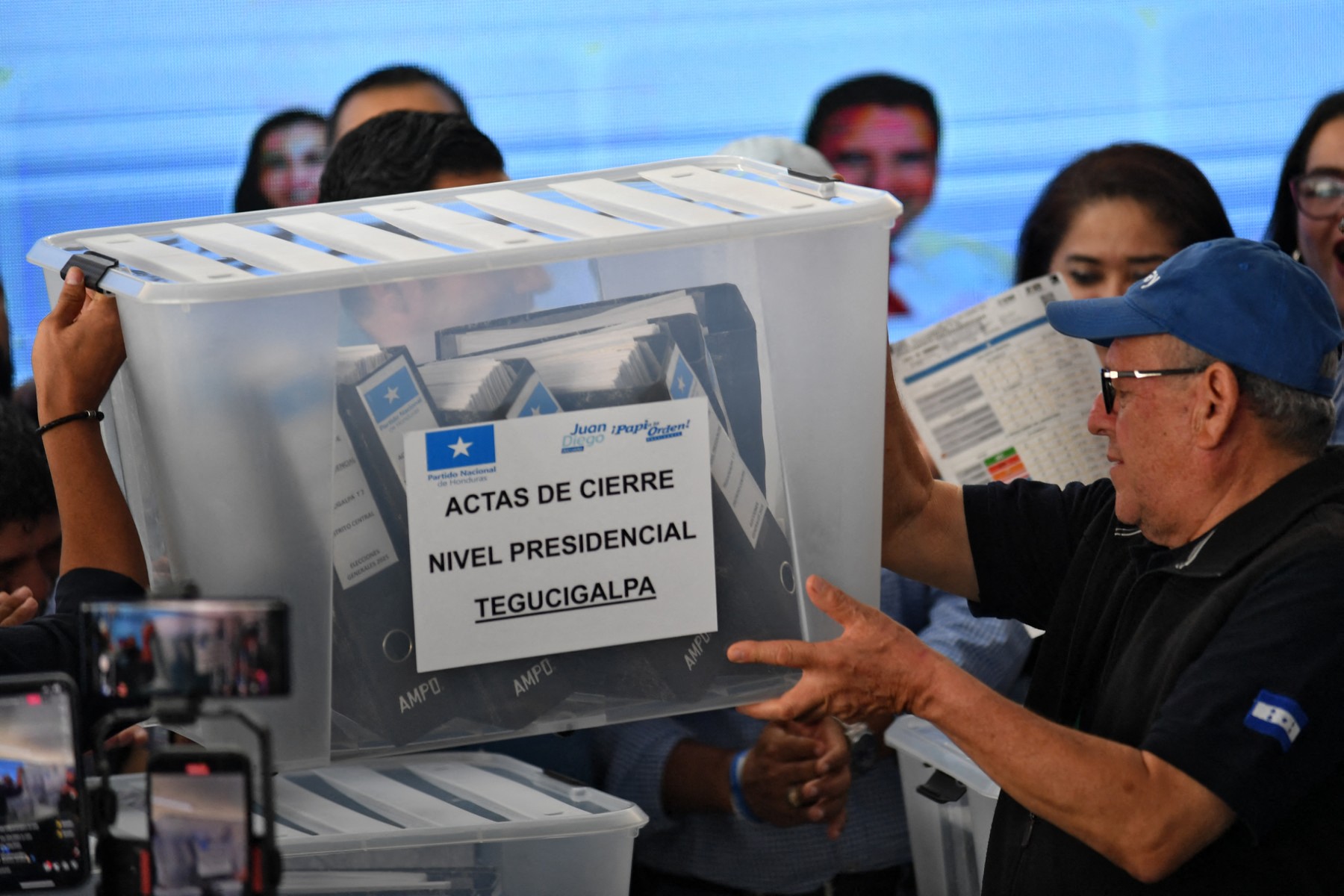
Tegucigalpa remains engulfed in a deep post-electoral crisis, marked by the absence of final results from the general elections held on November 30. On Thursday, the presiding counselor of the National Electoral Council (CNE), Ana Paola Hall, publicly denounced acts of intimidation that she warned could jeopardize the final phase of the process.
Following a meeting with the G-16+ diplomatic corps, Hall expressed concern over two specific incidents: a call by former president Manuel Zelaya summoning supporters of the Libre Party to gather outside the INFOP facilities—where electoral records and materials are being safeguarded—and a statement issued by the Permanent Commission of Congress accusing her and counselor Cossette López of alleged electoral crimes, an action she described as “baseless and outside their jurisdiction.”
Hall reaffirmed her institutional commitment and warned that she will not allow interference in the announcement of the results. “Honduras comes first,” she emphasized, underscoring her intention to defend the electoral process as a cornerstone of democracy.
Meanwhile, the preliminary results place Nasry ‘Tito’ Asfura, candidate of the National Party, in the lead with 40.52%of the vote, followed closely by Salvador Nasralla of the Liberal Party, with 39.48%. The ruling party’s candidate, Rixi Moncada of Libre, is in third place with 19.29%. Around 0.6% of the tally sheets—many of them showing inconsistencies—have yet to be reviewed.
The Organization of American States (OAS) called an extraordinary session of its Permanent Council to analyze the situation, while civil organizations and governments such as Paraguay’s urged respect for the popular will.
Honduran President Xiomara Castro accused the United States, and specifically former president Donald Trump, of obstructing the process, while also denouncing threats from gangs against voters aligned with her party.
Central America
OAS and EU urge honduran political actors to respect vote results and avoid unrest

The Electoral Observation Missions of the Organization of American States (OAS/EOM) and the European Union (EU EOM) issued an urgent call on Wednesday urging political actors in Honduras to respect the will expressed at the polls on November 30 and to refrain from inciting public disorder while the vote count is being finalized.
Both missions called on candidates, political parties, and authorities to act responsibly and maintain “active vigilance” over the vote-counting process.
So far, the National Electoral Council (CNE) has processed 99.4% of the tally sheets, but 2,773 still show inconsistencies, representing more than 500,000 unverified votes. The electoral body has not set a date for the special review, though it could begin later this week.
“The OAS/EOM reminds that electoral authorities are the only ones empowered to validate the results and reiterates its rejection of any call to disrupt public order,” the mission said in an official statement.
-
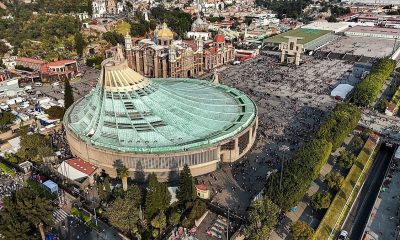
 International5 days ago
International5 days agoMexico City prepares for 13 million pilgrims at Basilica of Guadalupe
-

 International4 days ago
International4 days agoWashington declares State of Emergency as atmospheric river brings severe flooding
-

 International4 days ago
International4 days agoU.S. to require five-year social media history from tourists under Visa Waiver Program
-

 Central America5 days ago
Central America5 days agoHonduras’ electoral chief reports ongoing technical issues but says results remain intact
-

 Central America5 days ago
Central America5 days agoU.S. accuses Ortega regime of systematic human rights abuses in Nicaragua
-

 Central America5 days ago
Central America5 days agoU.S. finds no evidence of fraud in Honduras election despite delays
-

 International3 days ago
International3 days agoCuba battles out-of-control dengue and chikungunya epidemic as death toll rises to 44
-

 Central America4 days ago
Central America4 days agoOAS and EU urge honduran political actors to respect vote results and avoid unrest
-

 Central America3 days ago
Central America3 days agoHonduras election crisis deepens as CNE president denounces intimidation attempts
-

 International3 days ago
International3 days agoColombia says it would not reject Maduro asylum request as regional tensions escalate
-

 International1 day ago
International1 day agoSeveral people shot in attack on Brown University campus
-

 International4 days ago
International4 days agoSix ecuadorian soldiers jailed pending trial for alleged extrajudicial execution
-

 International3 days ago
International3 days agoEcuador on track for record violence as homicides hit highest level in Latin America again
-

 International1 day ago
International1 day agoU.S. and Mexico Reach Deal to Address Water Deficit Under 1944 Treaty
-

 Central America4 hours ago
Central America4 hours agoPanama seizes over three tons of drugs hidden in Caribbean port container









































































